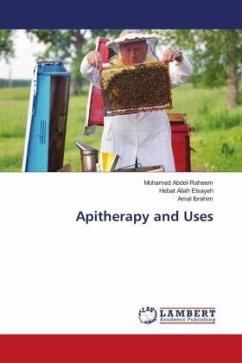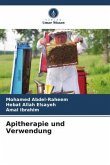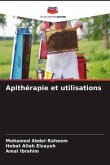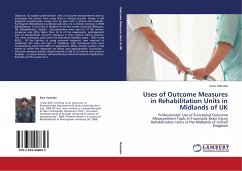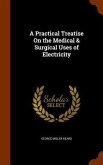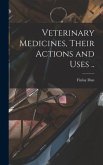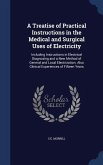Apitherapy is a branch of alternative medicine that uses honey bee products, including honey, pollen, propolis, royal jelly and bee venom. There is no good clinical evidence for the efficacy or safety of apitherapy treatments. References to possible medical properties of bee products can be found in Chinese, Korean, Russian, Egyptian and Greek traditional medicine practices. Apitherapy has been practiced since the times of Hippocrates and Galen. Modern use of bee venom appears to have originated with Austrian physician Philipp Terc [cs] and his 1888 article "About a Peculiar Connection Between the Bee Stings and Rheumatism", but his claims were never tested in proper clinical trials. More recent alternative medicine practice is attributed to the Hungarian physician Bodog F. Beck who coined the term "bee venom therapy" in 1935, and to beekeeper Charles Mraz (1905-1999) in the latter half of the twentieth century.
Bitte wählen Sie Ihr Anliegen aus.
Rechnungen
Retourenschein anfordern
Bestellstatus
Storno

